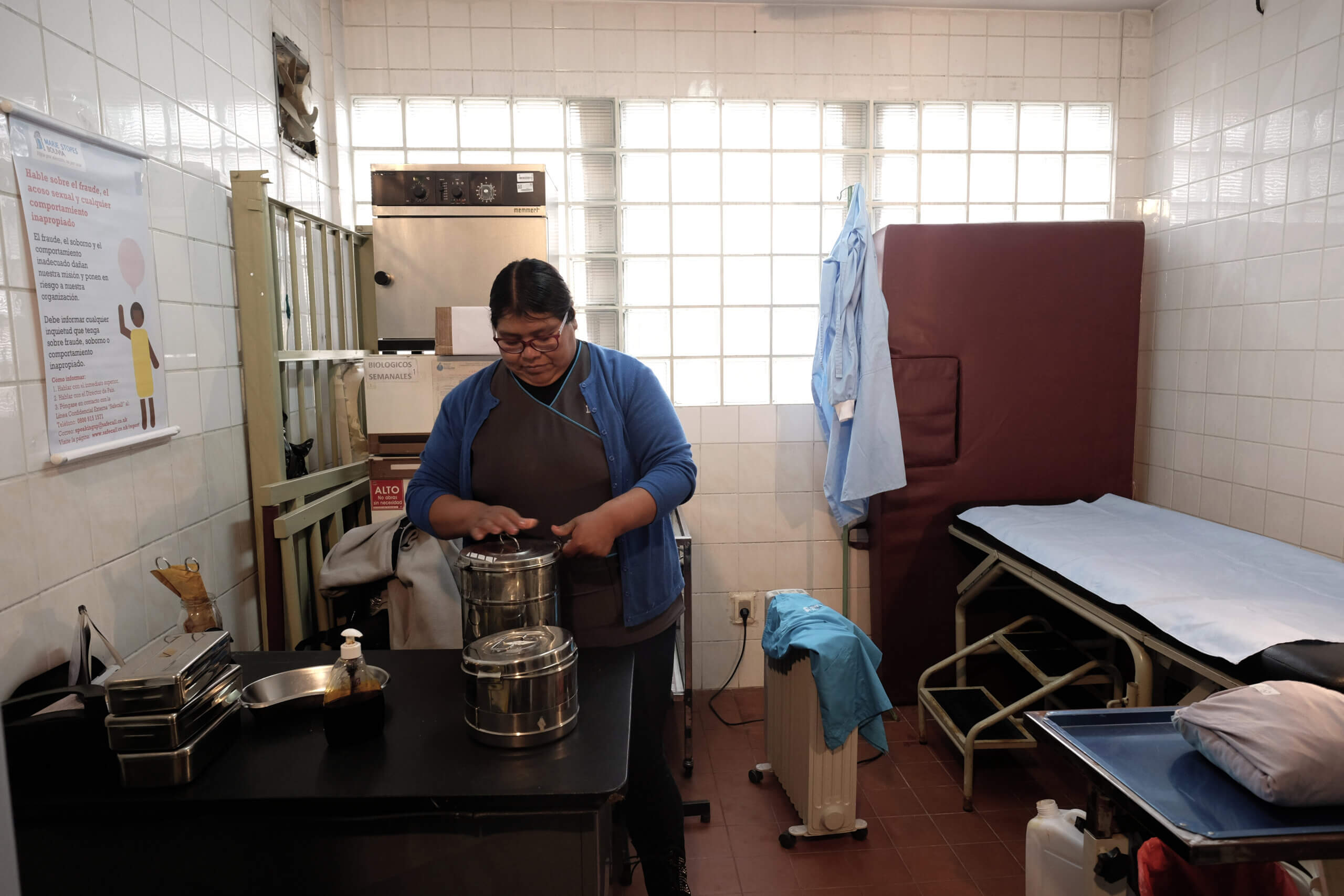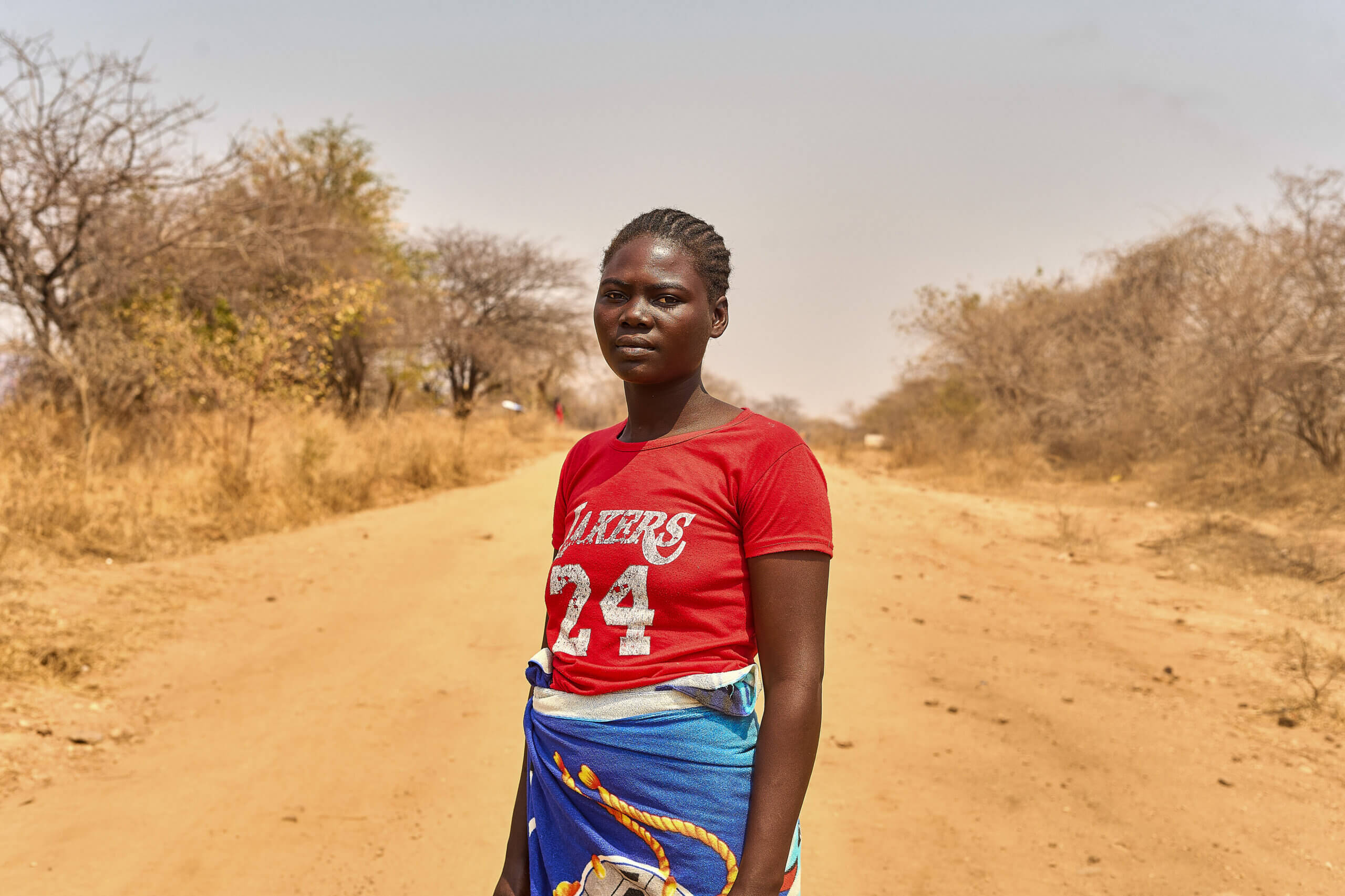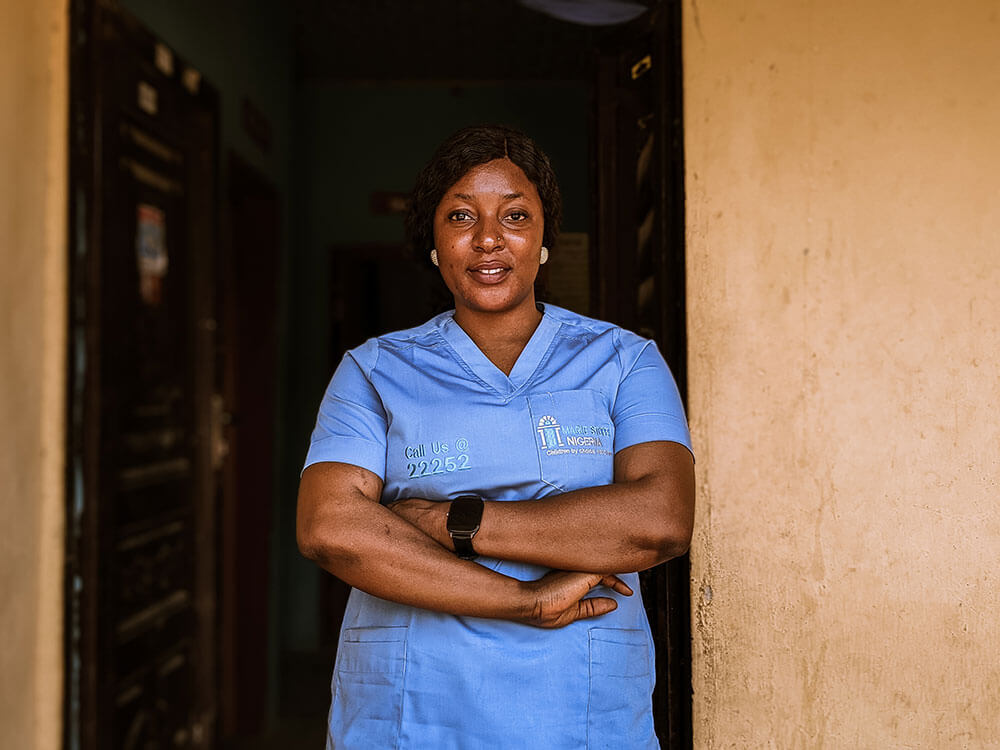I choose choice by advancing gender equality
MSI is made up of almost 9,000 dedicated professionals fighting for and delivering reproductive choice around the world. We partner with thousands more individuals and organizations to make choice possible for women and girls. In our 2023 Annual Review, you’ll hear from our healthcare providers, clients and partners about why and how they choose choice.
By Mana Zita, MSI Timor Leste
Mana Zita is a Timorese working mother who leads MSI Timor Leste’s work in gender equality and social inclusion. Reflecting on 2023, she shares more about how and why MSI is creating a more inclusive culture, from the inside out.
We have this saying in Timor Leste—Ema kontinua moris ba nafatin—which roughly translates to ‘The person lives on.’ I believe every single person who encounters MSI lives on and can create a future they want.
I started working at MSI when I was 23—about 15 years ago now—and I have learned so much. The emphasis now on safeguarding, on building inclusivity, and on how we communicate and use language is energizing. We do refresher trainings and values workshops, people are respectful, women can freely express themselves. This organization is a safe space.
EMBEDDING EQUALITY
18 MSI countries participate in a ‘Gender Equality and Social Inclusion Community of Practice,’ working to embed equality and inclusion into our programs, and to build the capacity of other organizations and governments to do the same.
CULTURAL CHANGE
1 in 4 of the clients we served in 2023 do not believe that men in their communities support family planning. We host community dialogue and male engagement sessions to support a step change towards gender equality.
Download the full 2023 Annual Review
When we host community information sessions on reproductive healthcare, I meet all kinds of people: people with disabilities, people who can’t hear or see, people with different sexualities, people who need information shared in a different way. These groups are vulnerable in Timor Leste, and around the world. They face discrimination and have less access to information and services.
My role is addressing their unique needs and partnering with organizations and the government to build more inclusive sexual health. We must be thinking about inclusivity when we’re providing services. If we don’t, people are left behind and we move even further towards an unequal, unjust world— one that I wouldn’t be proud to be a part of.

MSI’s inclusion and equality work spans many projects and initiatives. After all, education and culture is weaved throughout every aspect of our communities and lives. But let me touch on just a couple.
Our work to prevent sexual and gender-based violence, and to give support to survivors, is something I’m incredibly proud of. Because of the nature of our healthcare delivery, MSI staff can be the first to hear of a person’s experience of violence. We respond with compassion and support and have built a network so we can refer survivors to the support they need. Our growing partnerships really are the crux of this. In 2023, we continued building partnerships across civil society in Timor Leste, and piloted school and community engagement curriculums to help prevent this violence.
Last year, we also hosted successful male engagement sessions. To be frank, it’s difficult to make headway without getting men on board. Otherwise, we see women who access contraception then remove or stop using it because of unsupportive men in their life. We partner with other local organizations to host male-only sessions about topics relevant to them, including a component on sexual and reproductive health and rights. We make men aware of its importance and how they can support women’s rights and decision-making. I personally see the shifts, and I’m glad of this progress, as my 9-year-old son will grow up in a different environment and will support the women around him.
Download the full 2023 Annual Review
I met a young transgender person at a community session, and was honored that they opened up to me. They explained they were feeling really down, knowing that their family and community will disown them. I listened and ended up meeting with their family to act as a bridge. Now, they still have their family support and they’re doing well in their career, too… the person lives on!
This culture-shifting and system-changing work is slow. But looking at how far we’ve come even since I’ve been with MSI, and seeing young people’s attitudes now, I know that this work is multiplying, cascading, progressing. One day, every single one of us will have the reproductive choice we deserve.”






